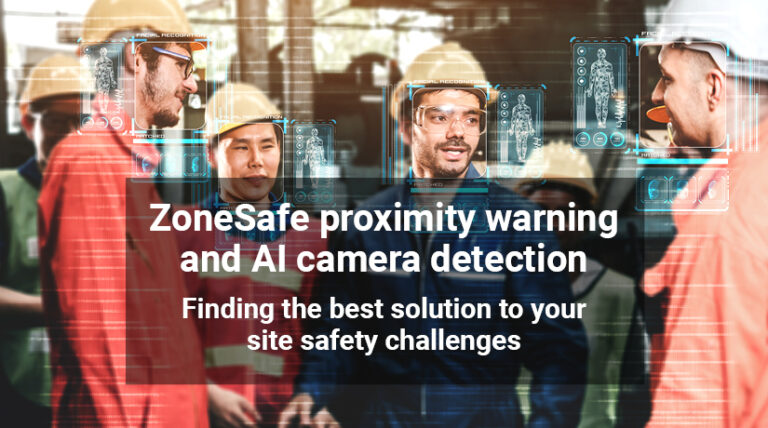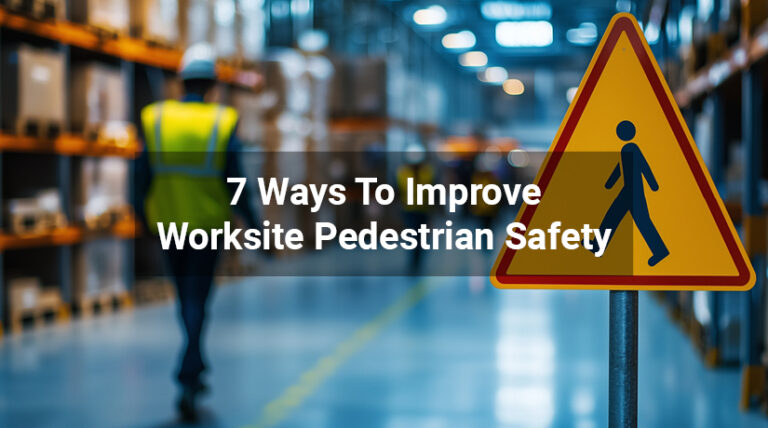Are we desensitised to alarms nowadays? Most have admitted that when they have heard an alarm sounding in a public place, they have ignored it.
This is extremely serious – and life threatening. If a fire alarm goes off, the modern reaction is to ignore it, as most think the alarm isn’t real.
Have we stopped associating alarms with emergency?
‘In 1979, an horrific fire broke out on the second floor of the Manchester branch of Woolworths. Customers eating in the restaurant didn’t take notice of the alarm when it sounded. Evacuation expert, Prof.
Ed Galea said: “People who had purchased and sat down with their meal [sic] …even though they could see the smoke, they could hear the alarms going off, they felt they had sufficient time to complete their meals before evacuating.”
TEN people lost their lives that day.’
Have we become complacent towards alarms?
The most common behaviour when a fire alarm sounds:
Workers don’t like to stop.
They definitely want to carry on doing what they were doing. Groups will talk to each other, try and discover what is going on as they tend to need more proof of danger. People will leave when told to do so – or when they see that everyone else is.
Individuals don’t panic.
It’s not true that people or groups panic in an emergency. The fact is, actual fear of danger that causes them to panic.
People will not head for the exit.
They will generally try to exit via the door that they entered. Staff will not choose to walk somewhere if they don’t know where it leads.
But is this the case for any alarm? Do we really ignore any warning?
An online source discovered that, when groups hear an alarm, around a quarter would look to see what everyone else was doing before acting, and 13% would just ignore it and carry on working.
Many, worryingly, do not even know why the alarm is sounding. Is it a fire alarm? Or is it because one of the machines is faulty? Has someone missed a delivery at the main gate? There are many reasons why people are becoming complacent when they hear an alarm in the workplace.
So should we keep using audible alarms?
Absolutely. We cannot stop using alarms. They have, and always will, signify an emergency. A fire engine alarm, a shoplifting alarm, a car alarm – they all signify danger.
The HSE (Health and Safety Executive) states that alarms are extremely significant. Yet as many have become complacent when hearing an audible alarm, it is suggested that other systems should be used alongside these alarms, for health and safety precautions.
Can we reduce the frequency of alarms sounding?
Absolutely. There are any ways to warn staff of close dangers within the workplace without the need for large audible alarms (such as a fire alarm).
Ways to warn both driver and pedestrian
Collisions between pedestrians and vehicles can be reduced significantly using ZoneSafe Proximity Warning Systems. When the pedestrian enters the detection zone, the audible alarm is triggered, warning vehicle drivers and pedestrians of close proximity to one another. Read more here
We can also reduce the number of alarms sounding by putting processes in place to ‘predict’ the near-misses. This can be done with the data management system, ZoneSafe Insight™
ZoneSafe Insight™
Insight is a cloud-based software as a service platform (SaaS) for use on sites. Recorded event data can demonstrate when and where there may be potential near-miss incidents. It can also analyse trends, create reports and can help to manage pedestrian and vehicle incidents.
Reduce alarms, reduce risk. Use ZoneSafe.





